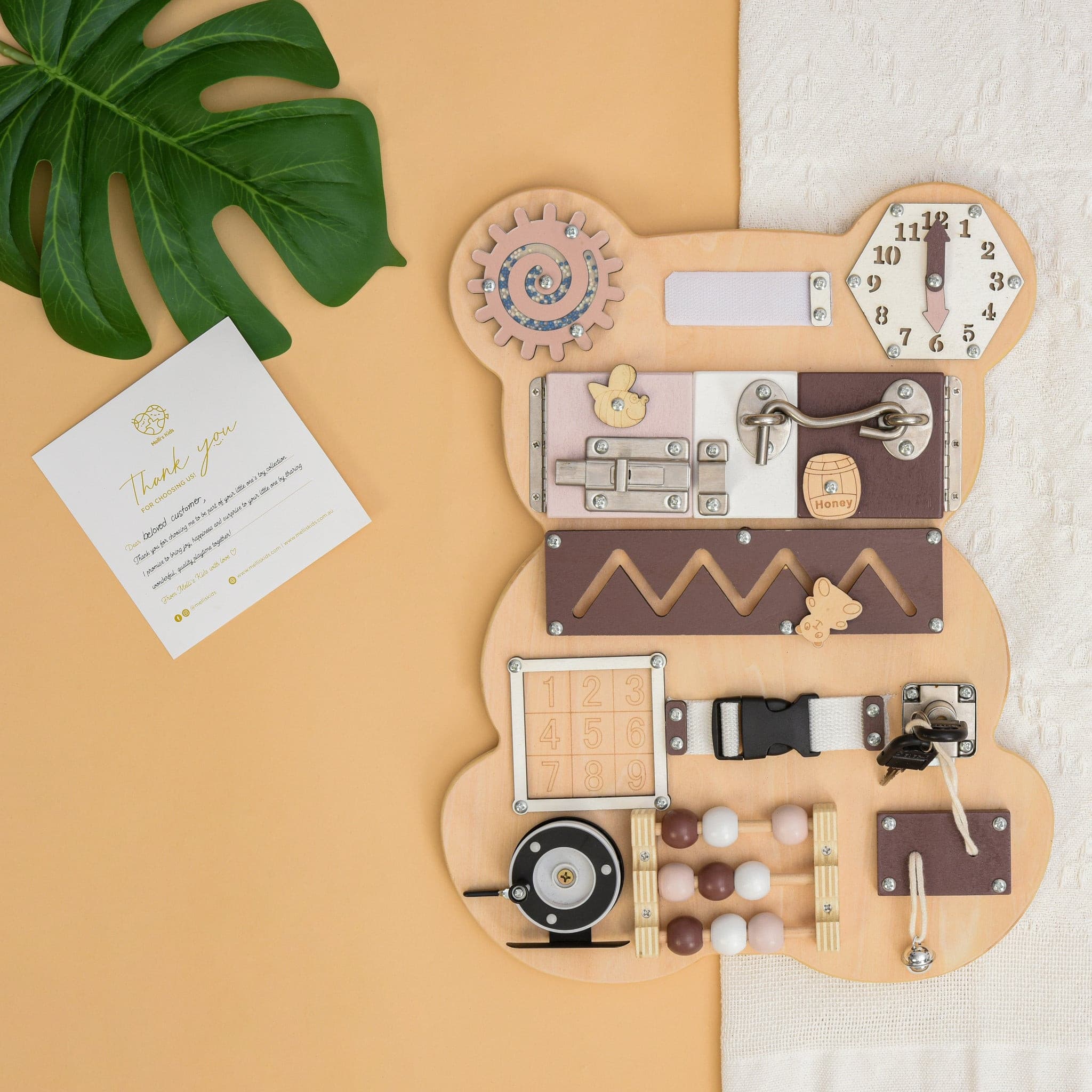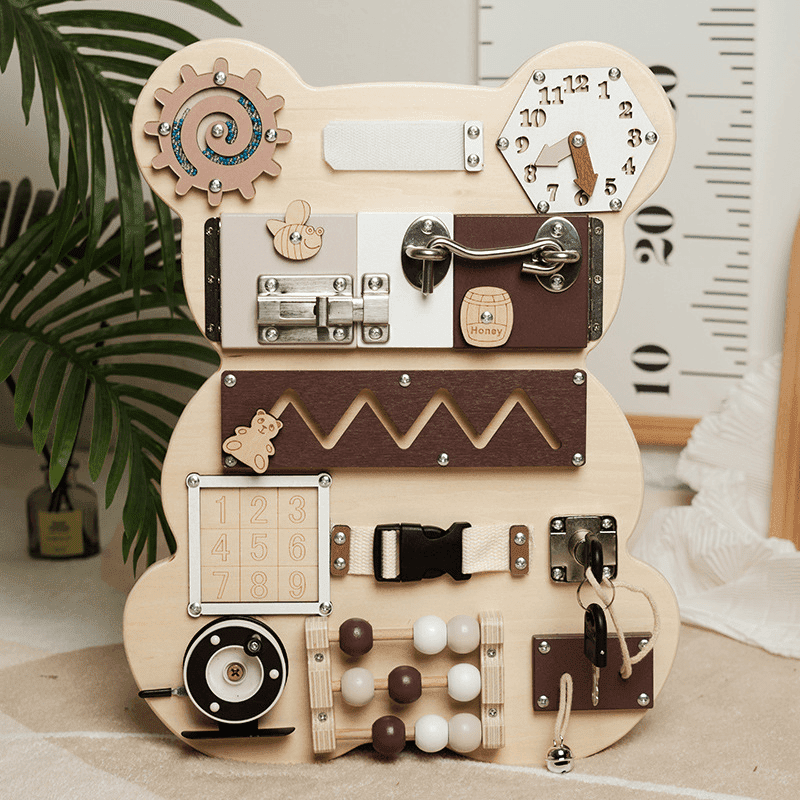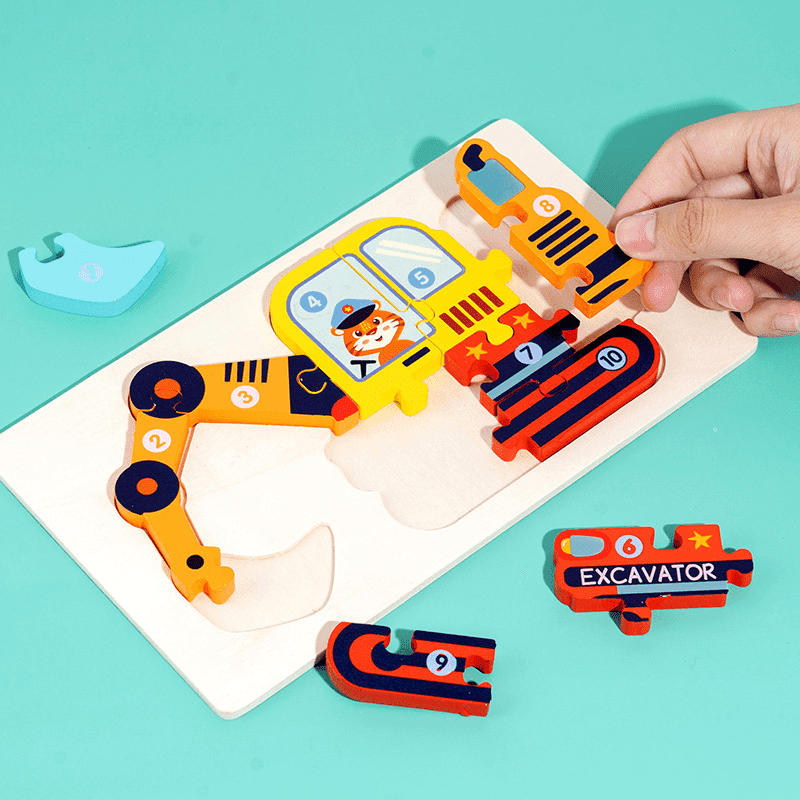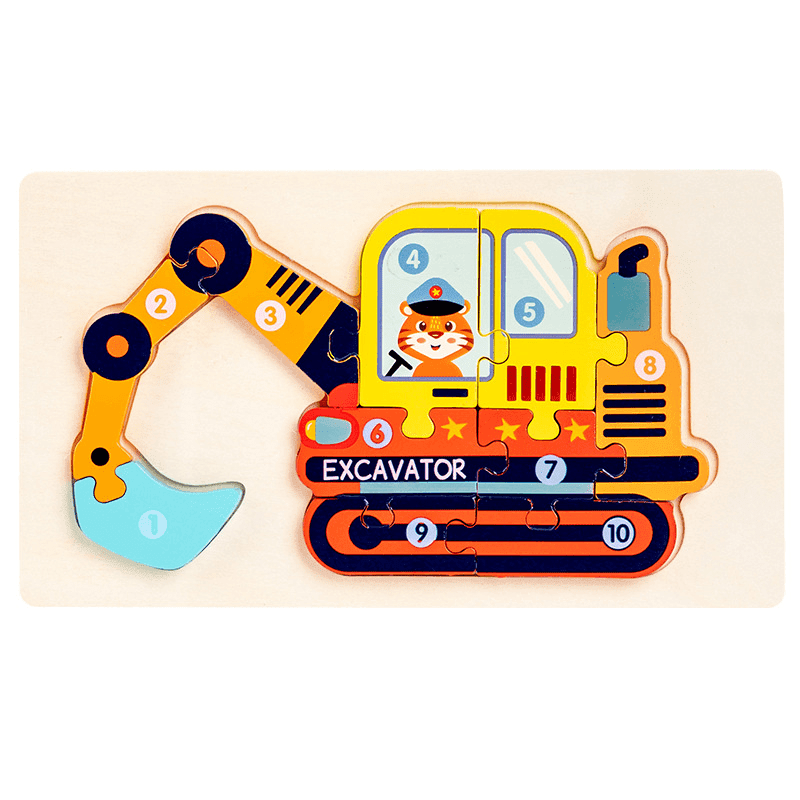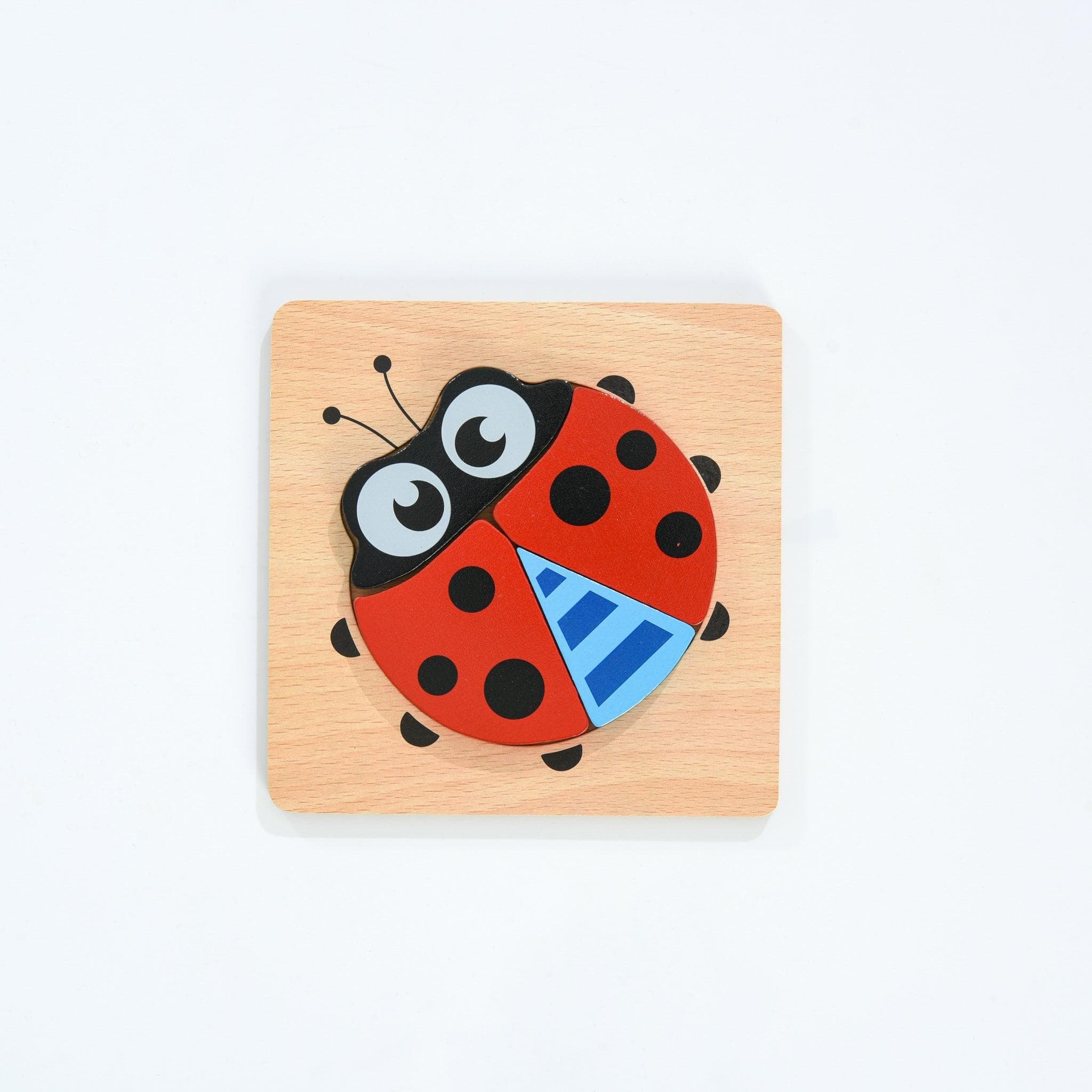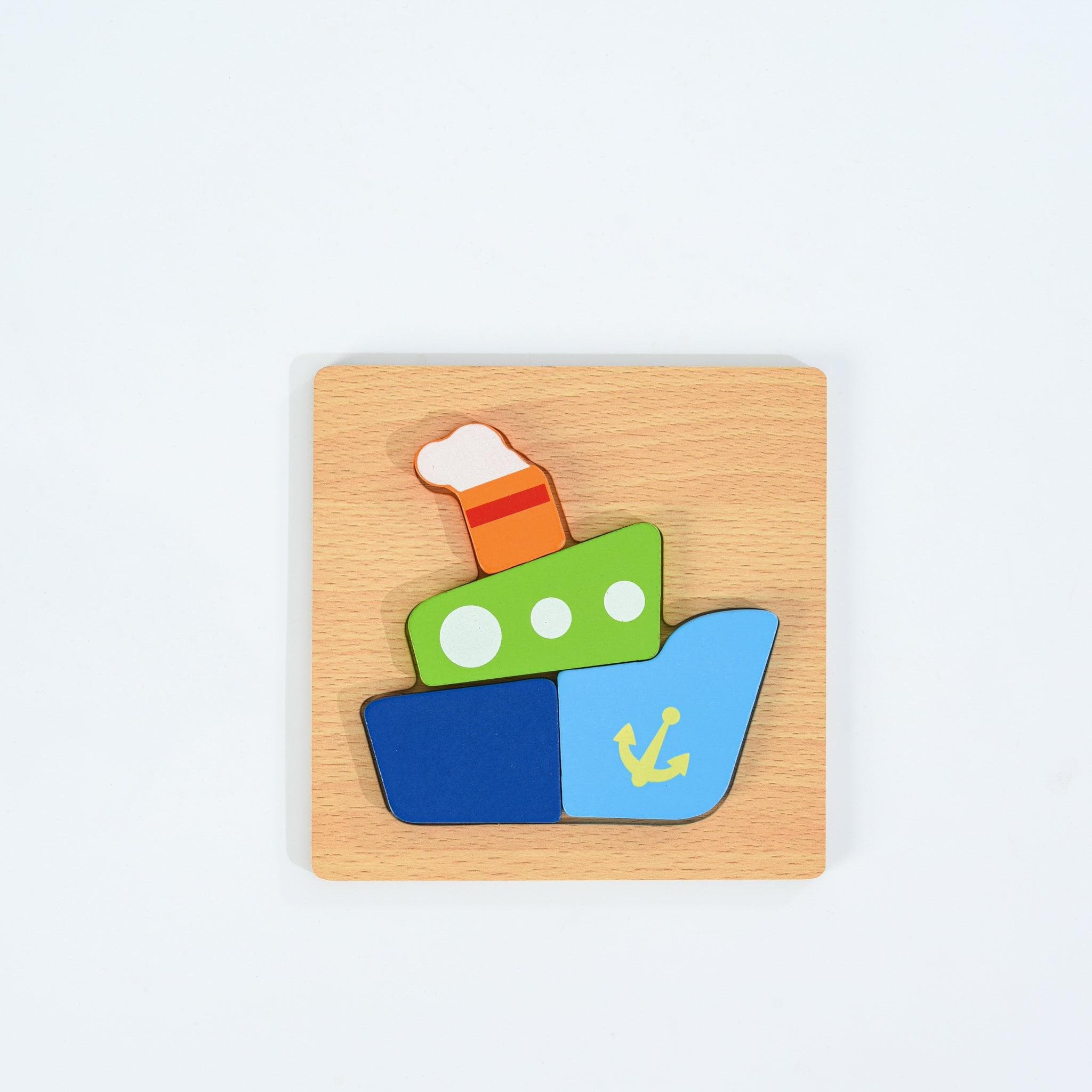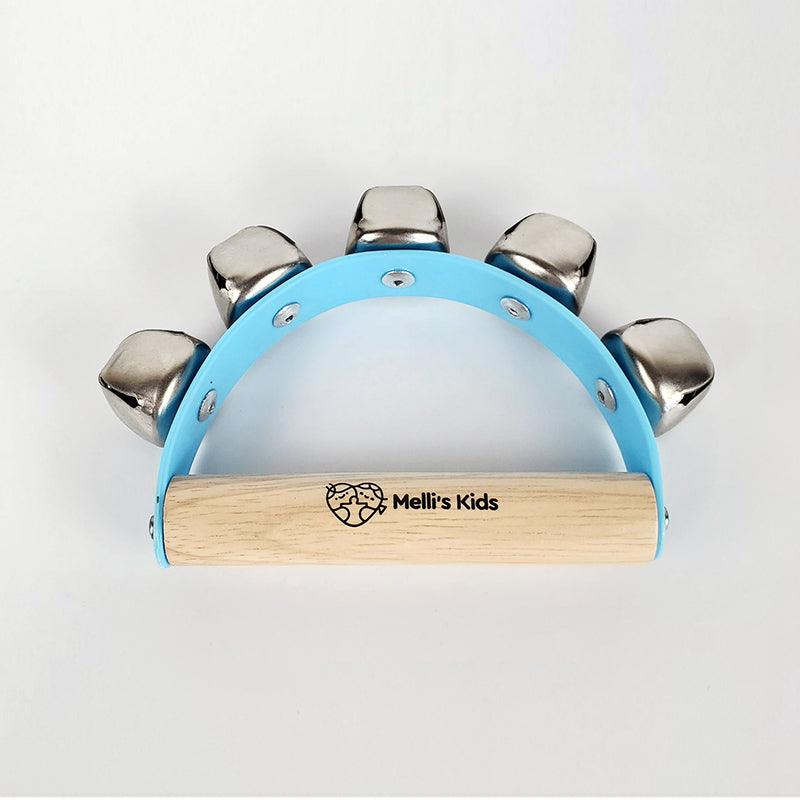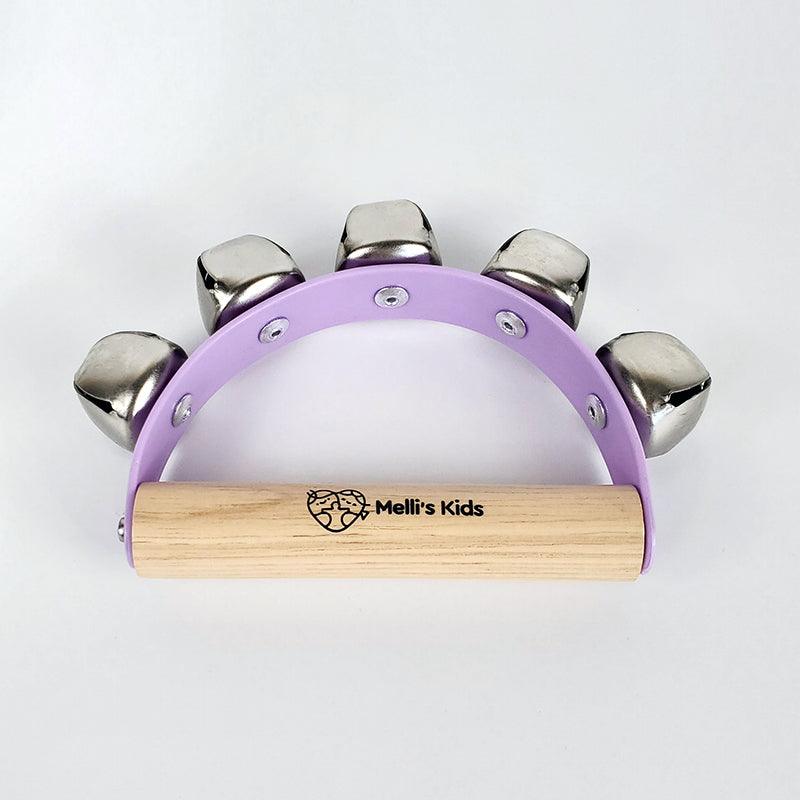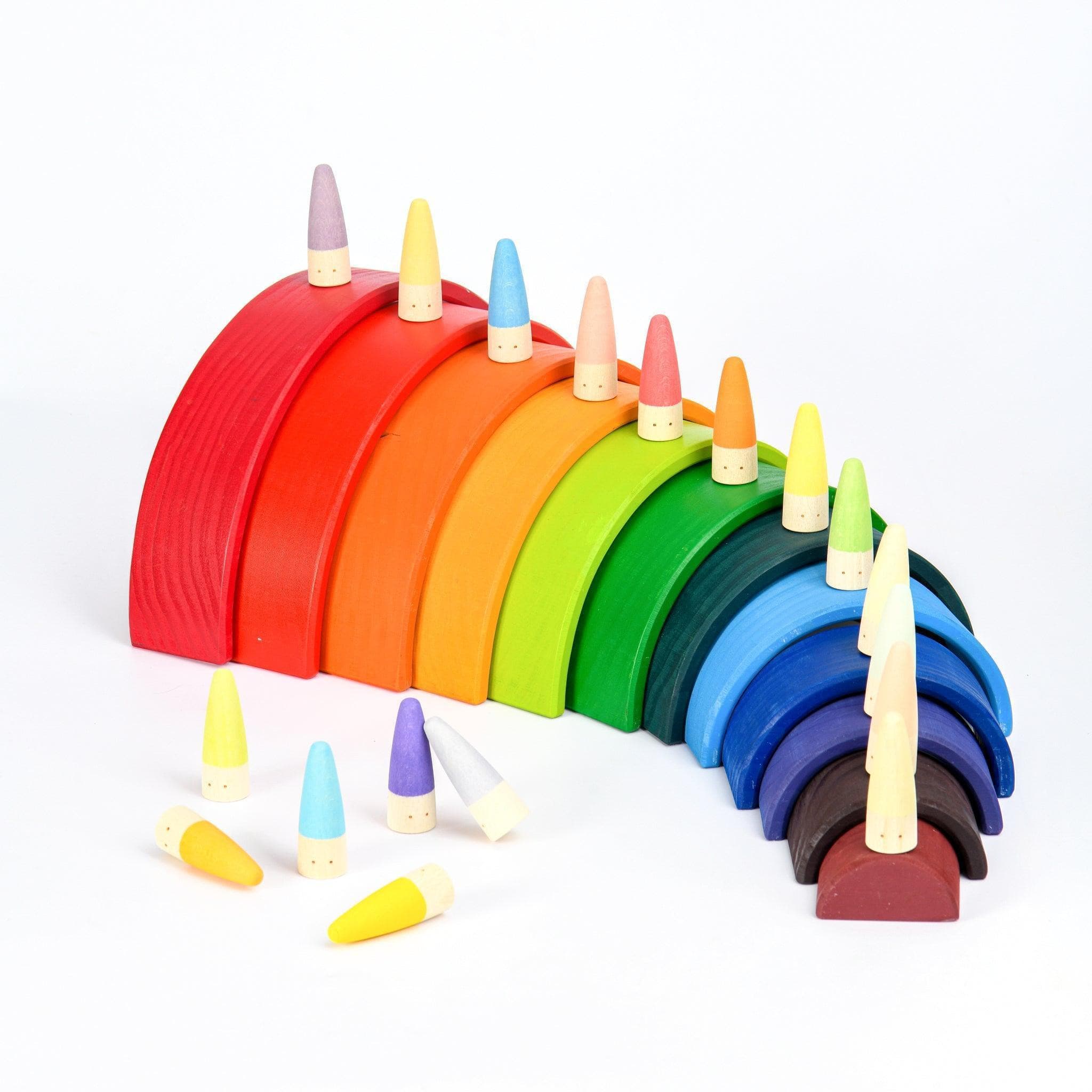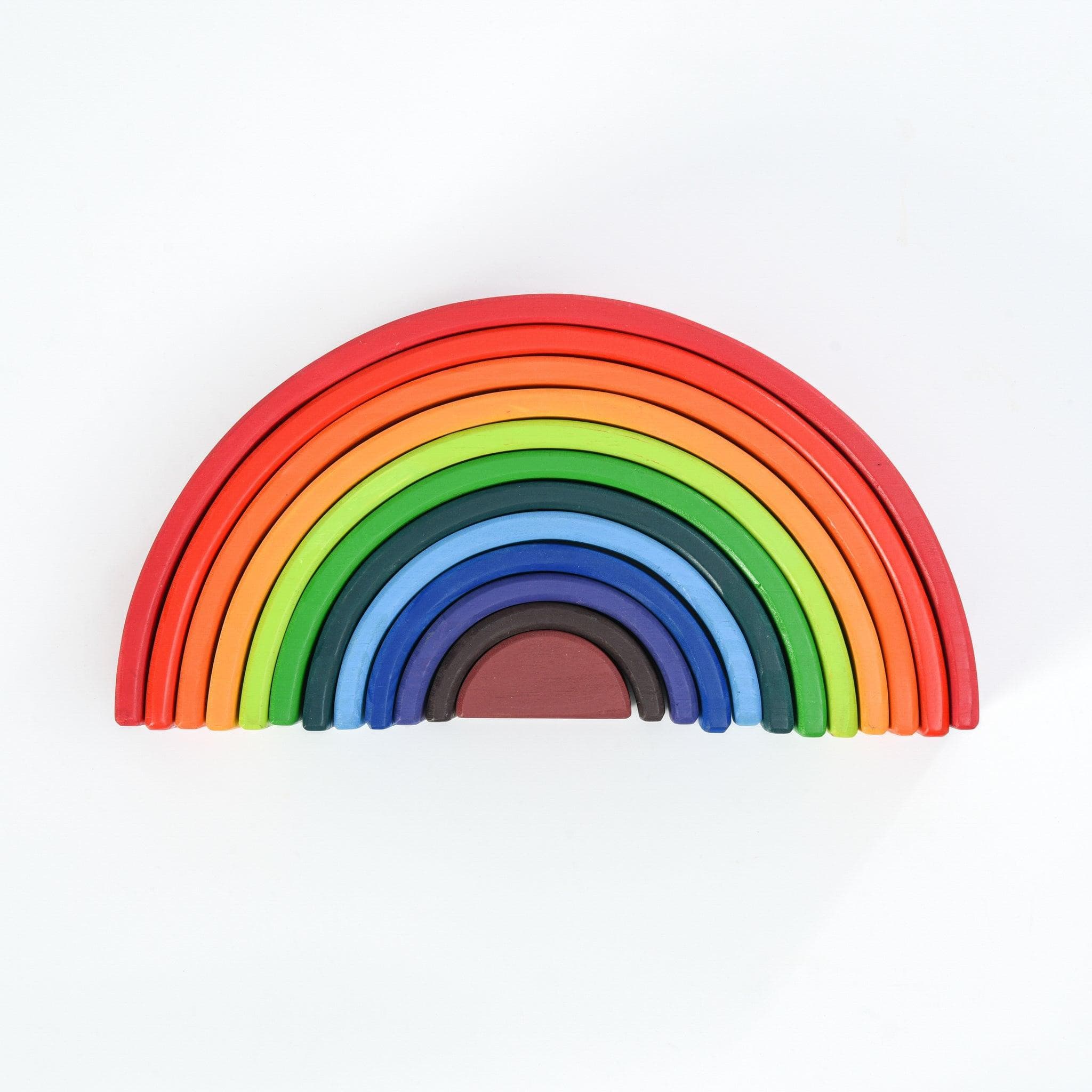Pretend Play Benefits: Why Prentend Play is Important for Children Development?
For children, pretend play provides a great way to learn about themselves and the world. It helps develop language skills, social and emotional intelligence and helps them to acquire self-knowledge. The purpose of this article is to introduce pretend play benefits, which are a very important part of the learning process. We will also explore some of these benefits in depth.
- Learn about themselves and the world. Through Pretend play experiences, children learn about what they like and dislike, their interests and their abilities. They experiment and make sense of what they’ve observed.
- Encourage language development: Through pretend play with others, children can expand their vocabulary as they interact, communicate and have conversations with their peers.
- Cultivate social and emotional intelligence: how we interact with others plays an important role in our lifelong success and happiness. Pretend play can help children cultivate these skills as they learn to read social cues, recognise and regulate emotions, negotiate and take turns, and engage in a long-term activity.
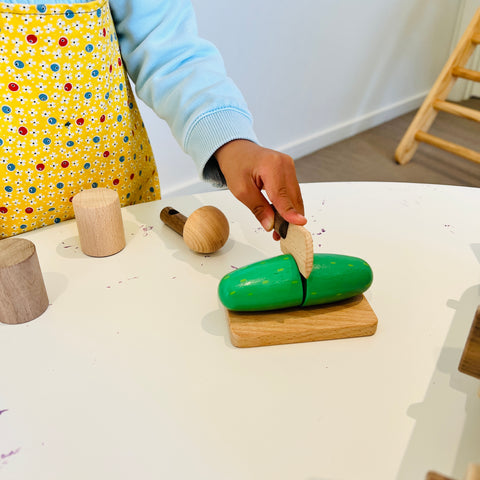
Toys and activities for pretend play:
- Lego and building blocks are playthings that can be used to make simple, recognizable objects at first.
- Toy food, dishes, kitchen set should be used for a pretend restaurant or at a tea party.
- Vehicles
- Playdough: Early play should involve simple/familiar things made of playdough.
- Old hats, shoes, scarves, and coats serve as costumes and props.
- Favorite stuffed animal or doll—excellent for pretend play and role-playing.
- Peer-play: play and interact with “real” children and other people would also help our children develop communication skills.
Playing pretend should be enjoyable. There are no boundaries to where kids' brains can go or how much fun they can have when they play together and let their imaginations run wild.

